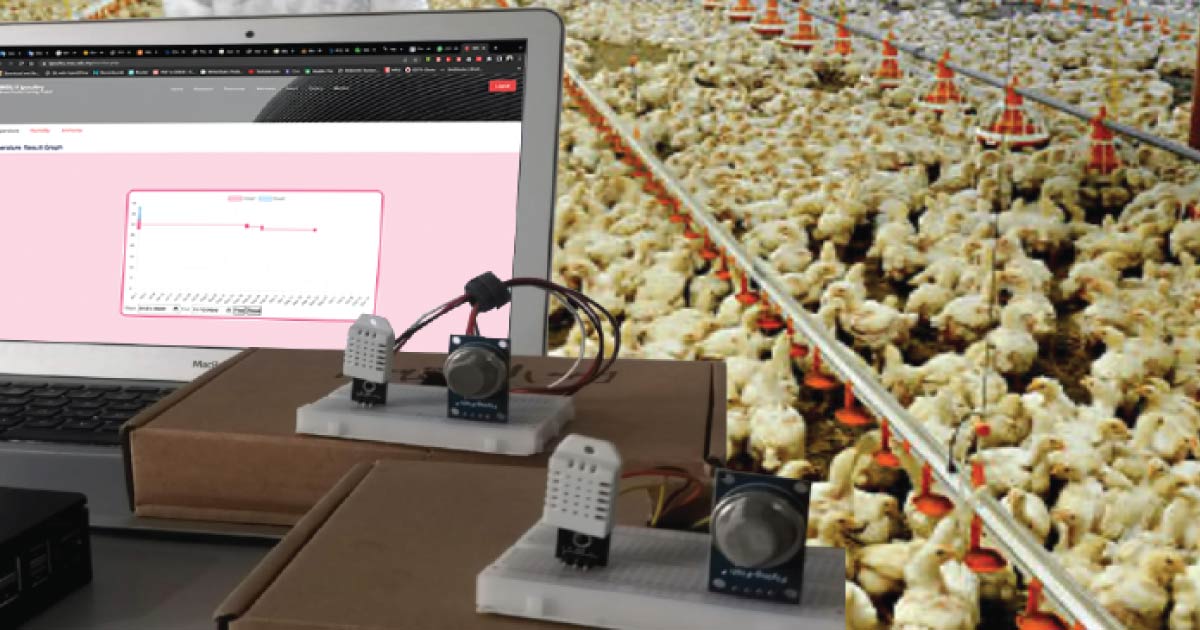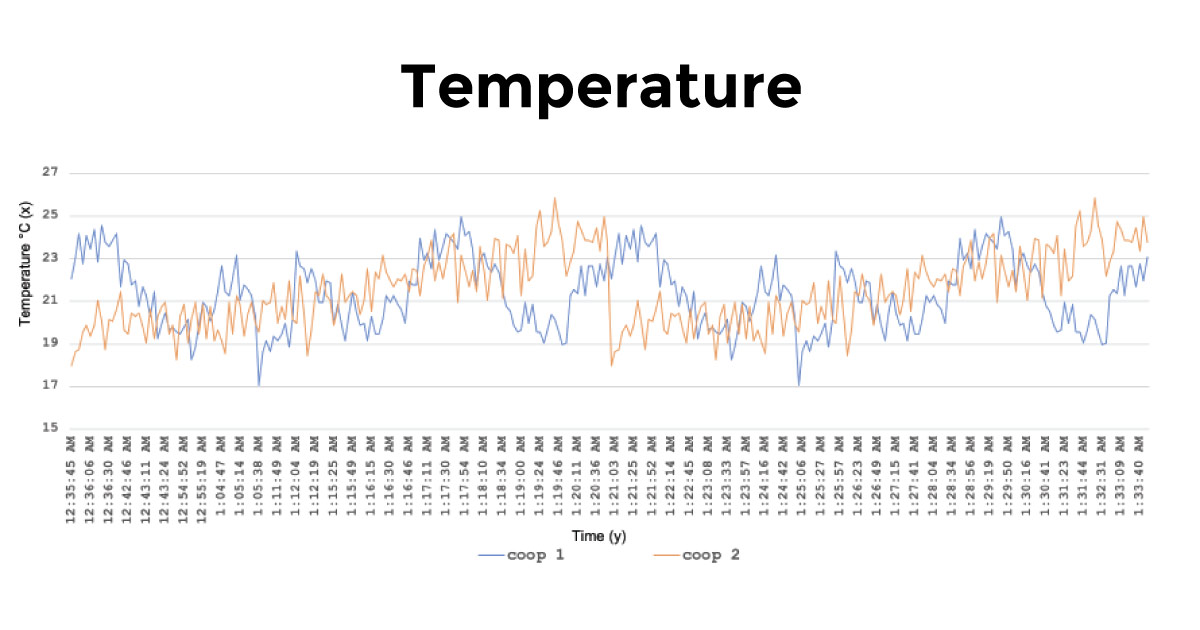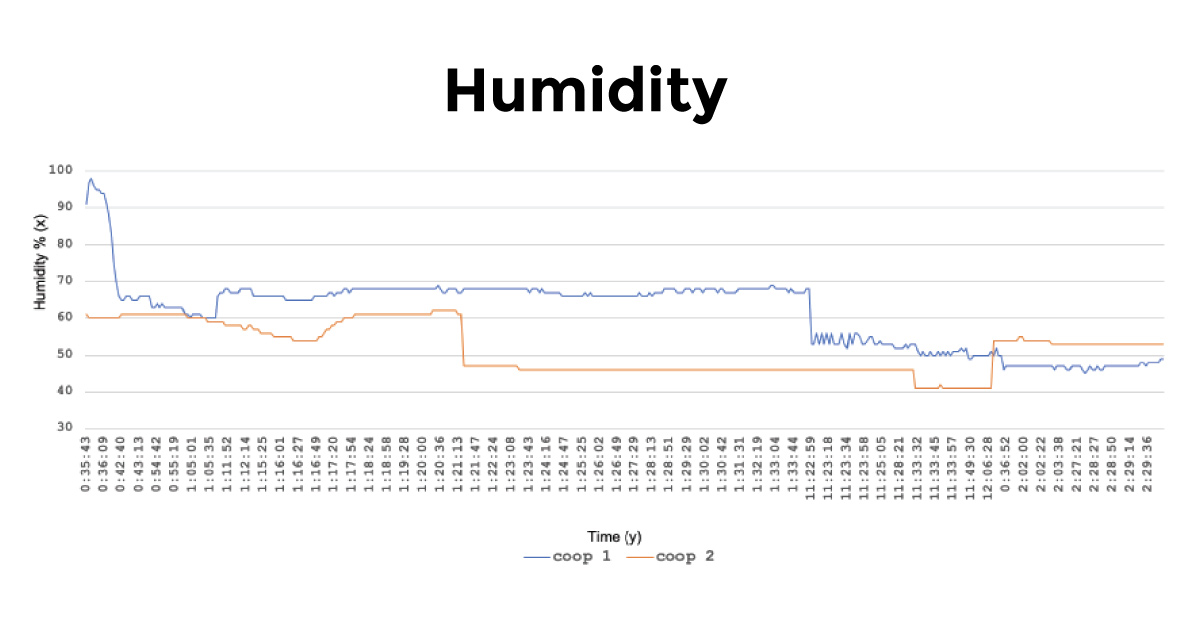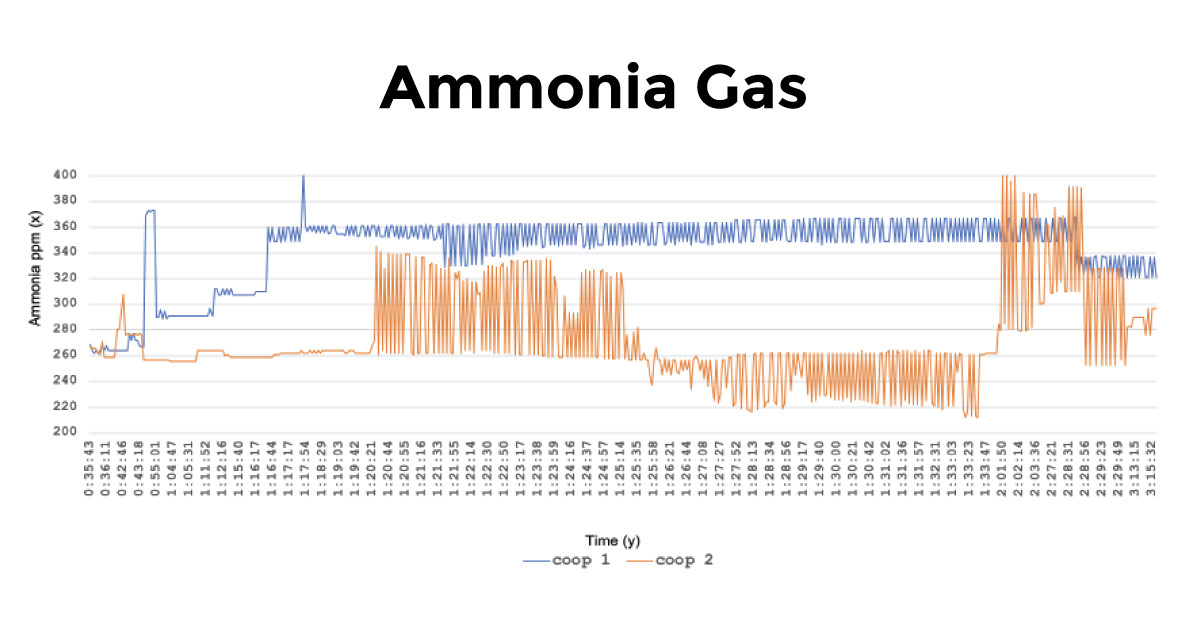

Information may be the most likely driver of the next agricultural revolution. Instead of reacting to lessons from the past, for example with fungicide this year because of the outbreak last year, the business of farming could be transformed by artificial intelligence and computing power.
Humans first settled on farms some ten thousand years ago, incidentally setting the first great agricultural revolution. Throughout the period of green revolution from the 1930s to the 1960s, global food production rose with advances in mechanization, irrigation, and fertilization, along with the development of high-yield crops. Going forward, the next challenge would be to feed a hungrier, more populated planet; whose lands may very well be a lot drier, too. Cheap data storage, wireless data transfer, and more capable computers may all be harnessed to enrich the future of farming.
As the effects of climate change reduce the viability of farm lands worldwide, there is urgent need to respond to the environmental setback. How to grow a lot more food on a lot less land and sustainably should be figured out. Bringing data from the farm through IoT for a future of food that is proactive, efficient, and digitized is a research group from Management and Science University (MSU).
Smart Poultry Farm Monitoring System for Temperature, Humidity and Ammonia Gas by MSU Information Technology Innovation Centre (ITIC) aims to assist farmers by automating the monitoring process traditionally done manually.



High environmental temperature negatively impacts chicken health, and fluctuating humidity affects chicken quality. The IoT-based automated monitoring system by MSU allows appropriate action to be taken upon data collection. A sensor measurement strategy maintains optimal environment for chicken growth, and real-time data analysis facilitates preventive action to maintain chicken quality.
The MSU research received a gold medal at the International Invention, Innovation, and Technology Exhibition (ITeX) 2022; a silver at the 21st International Expo on Invention and Innovation, Malaysia Technology Expo (MTE) 2022; and a bronze each at the International Conference and Exposition on Inventions by Institutions of Higher Learning 2022 (PECIPTA’22) as well as the Seoul International Invention Fair (SIIF) 2022.
ITIC is led by MSU Senior Vice-President for Research, Innovation, Technology and System Professor Dato’ Dr Md Gapar Md Johar.
RELATED
Arriving, with the Internet of Things
MSU Bachelor in Computer Science (Hons)
MSU Master in Computer Science (by Research)
MSU Doctor of Philosophy (Computer Science)
Information may be the most likely driver of the next agricultural revolution. Instead of reacting to lessons from the past, for example with fungicide this year because of the outbreak last year, the business of farming could be transformed by artificial intelligence and computing power.
Humans first settled on farms some ten thousand years ago, incidentally setting the first great agricultural revolution. Throughout the period of green revolution from the 1930s to the 1960s, global food production rose with advances in mechanization, irrigation, and fertilization, along with the development of high-yield crops. Going forward, the next challenge would be to feed a hungrier, more populated planet; whose lands may very well be a lot drier, too. Cheap data storage, wireless data transfer, and more capable computers may all be harnessed to enrich the future of farming.
As the effects of climate change reduce the viability of farm lands worldwide, there is urgent need to respond to the environmental setback. How to grow a lot more food on a lot less land and sustainably should be figured out. Bringing data from the farm through IoT for a future of food that is proactive, efficient, and digitized is a research group from Management and Science University (MSU).
Smart Poultry Farm Monitoring System for Temperature, Humidity and Ammonia Gas by MSU Information Technology Innovation Centre (ITIC) aims to assist farmers by automating the monitoring process traditionally done manually.



High environmental temperature negatively impacts chicken health, and fluctuating humidity affects chicken quality. The IoT-based automated monitoring system by MSU allows appropriate action to be taken upon data collection. A sensor measurement strategy maintains optimal environment for chicken growth, and real-time data analysis facilitates preventive action to maintain chicken quality.
The MSU research received a gold medal at the International Invention, Innovation, and Technology Exhibition (ITeX) 2022; a silver at the 21st International Expo on Invention and Innovation, Malaysia Technology Expo (MTE) 2022; and a bronze each at the International Conference and Exposition on Inventions by Institutions of Higher Learning 2022 (PECIPTA’22) as well as the Seoul International Invention Fair (SIIF) 2022.
ITIC is led by MSU Senior Vice-President for Research, Innovation, Technology and System Professor Dato’ Dr Md Gapar Md Johar.
RELATED
Arriving, with the Internet of Things
MSU Bachelor in Computer Science (Hons)
MSU Master in Computer Science (by Research)
MSU Doctor of Philosophy (Computer Science)